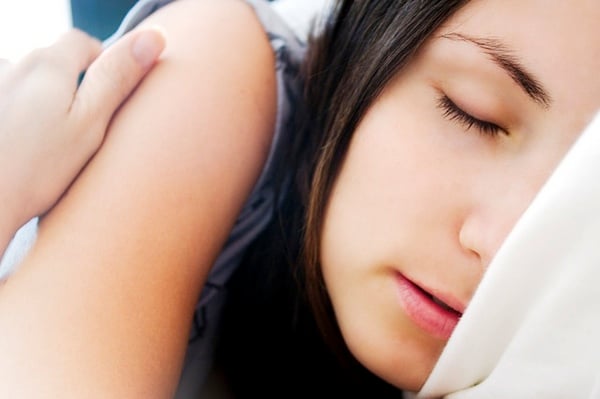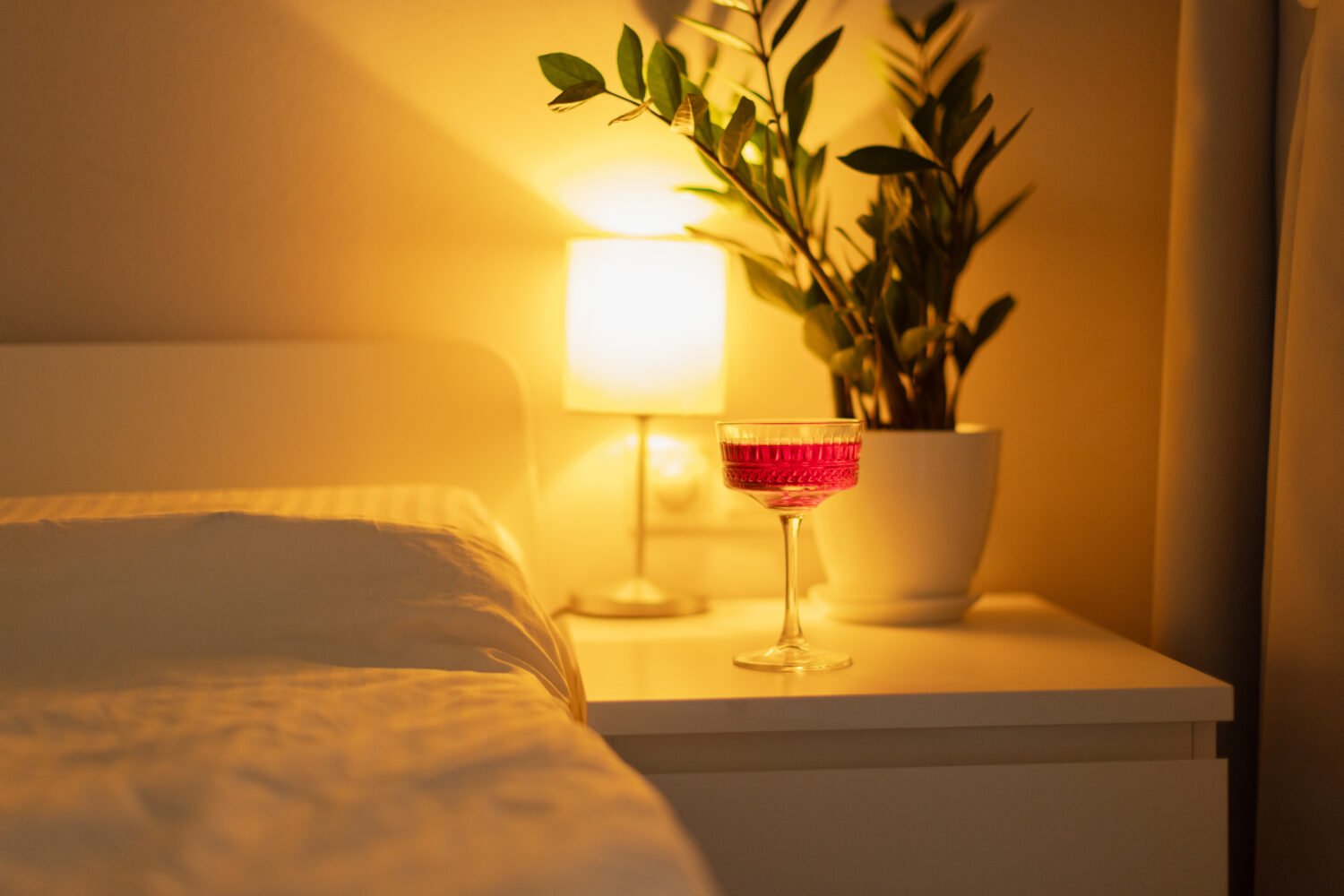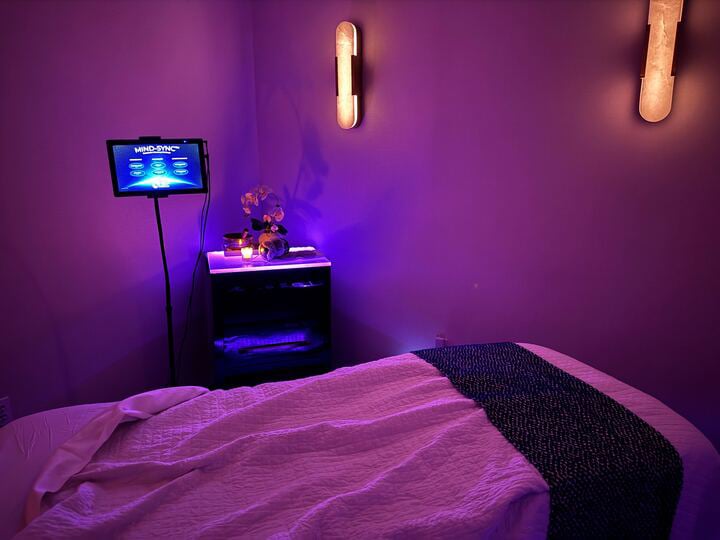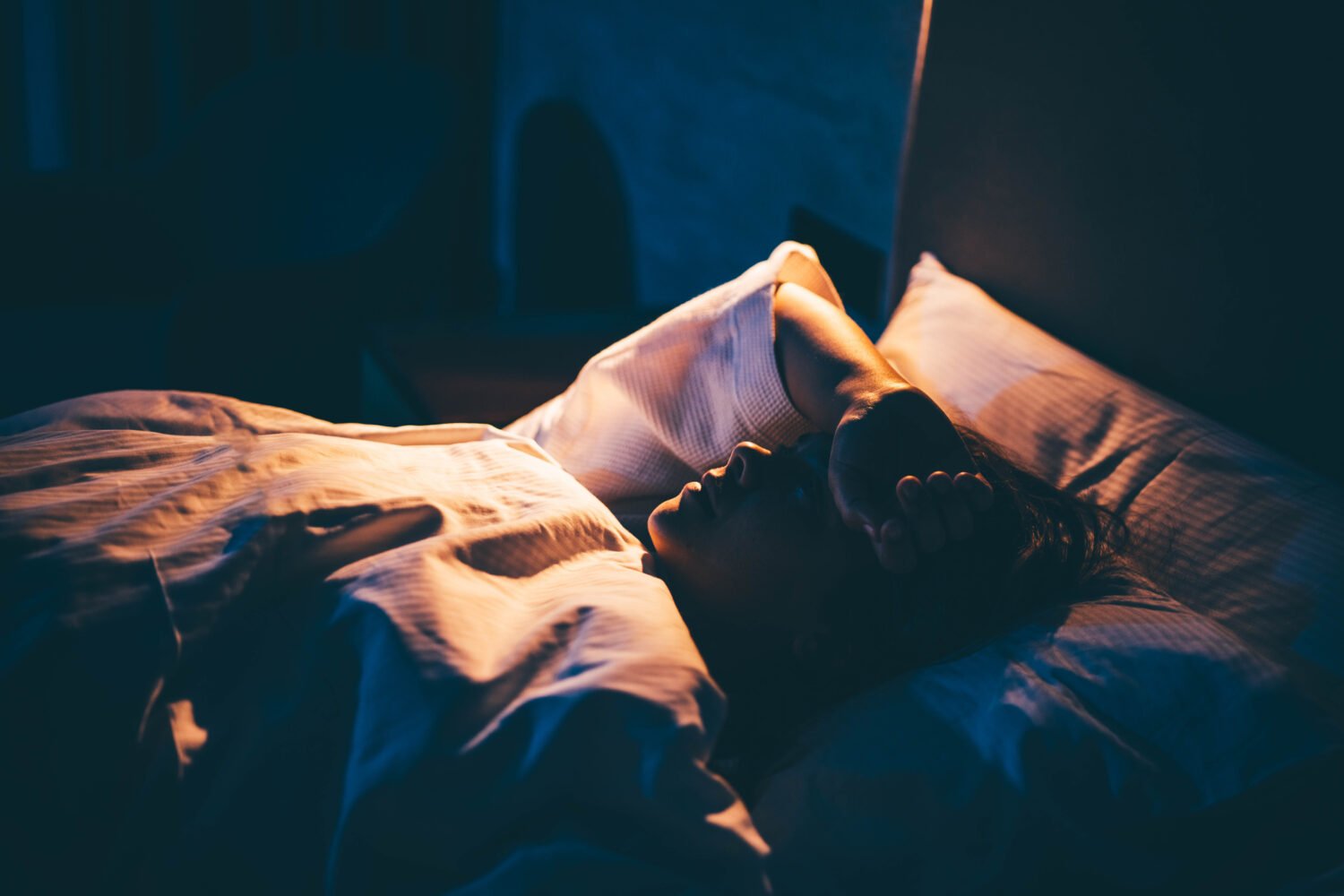Getting the right amount of sleep can add years to your life. Photograph courtesy of Flickr user planetchopstick.
If setting your clock forward and losing an extra hour of sleep this week felt like torture, you’re not alone. With our days and nights packed with buzzing Blackberries, long rides to work, children’s sports events, and tempting around-the-clock TV programming, it’s no surprise many of us skimp on sleep in favor of packing more activity into our days. But consistently losing out on sleep is bad for health and may lead to an earlier death, says Dr. Lawrence Stein of Pulmonary and Medical Associates of Northern Virginia and the director of the Sleep Lab at Virginia Hospital Center.
While the optimal amount of sleep for adults is seven hours per night, many people in the Washington area have long commutes to work and wake up early to accommodate the drive, which means they end up only getting five or six hours of sleep a night, says Stein. Functioning on so little sleep is dangerous over the long term: getting less than five hours of sleep per night increases your chances for developing heart disease and dying earlier.
If that grim fact doesn’t scare you into sleeping, what can you do to get a better night’s zzzs tonight? Dr. Stein offers a few simple strategies.
Make a To-Do List
Surprisingly, good sleep health starts outside the bedroom. Before you ever set foot in the bedroom, try to “gain closure to your day,” recommends Stein. This may mean writing down a list of things that need to be done in the morning so your mind isn’t racing while you’re lying in the dark.
Make Room for Quiet Time
Another tip for relaxing the mind is to introduce quiet time before bed. For some people, this might mean reading a book. But for others, reading may prove too stimulating. Other activities that rev up the brain right before bed, such as watching TV or exercising, tend to make sleep difficult. The key, says Stein, is to find an activity that relaxes you so that once you’re in bed, you’re no longer preoccupied with the day and can drift off easily.
Make Your Room Feel Just Right
It’s important to make sure your sleeping space is comfortable and tranquil. In striking the right balance for sleep, follow the Goldilocks rule: Your bedroom shouldn’t be too hot or too cold, but should be just the right temperature for you. It should also be quiet and dark.
Get Out of Bed
But what if even after setting the stage for a peaceful night’s sleep, you’re still tossing and turning? Get out of bed, advises Stein. “People with insomnia spend too much time in the bedroom,” he says. If you’re not falling asleep, it’s better to leave the bedroom and do something else to relax rather than lying in bed worrying, because tossing and turning just creates frustration and turns the bedroom into a place fraught with anxiety. “Once sleep becomes a challenge, it becomes a big issue,” Stein warns.
Try a Sleep Aid
If you’ve followed all of these recommendations and you still can’t sleep, should you turn to sleep aids to help you doze off? Sure, says Stein, but don’t expect a magic bullet. Unfortunately for insomniacs, no natural or over-the-counter sleep aid has been proven effective for better sleep over the long term. Natural sleep aids like valerian root (a plant-based remedy that has been shown to have a sedative effect), melatonin (a hormone that helps regulate circadian rhythms), and tryptophan (an amino acid found in milk, chocolate, and poultry, among other foods, that may cause drowsiness) may or may not help you drift off to sleep.
If these sleep aids work for you, says Stein, feel free to take them. But the goal should be to relax and fall asleep every night without the aid of any medication. Interestingly, Stein notes, medical studies have shown that people fall asleep when given placebo sleep aids, which suggests that being relaxed and anticipating a restful night’s sleep is more powerful than any pill or supplement. So lie back, relax, and sleep better tonight.



















